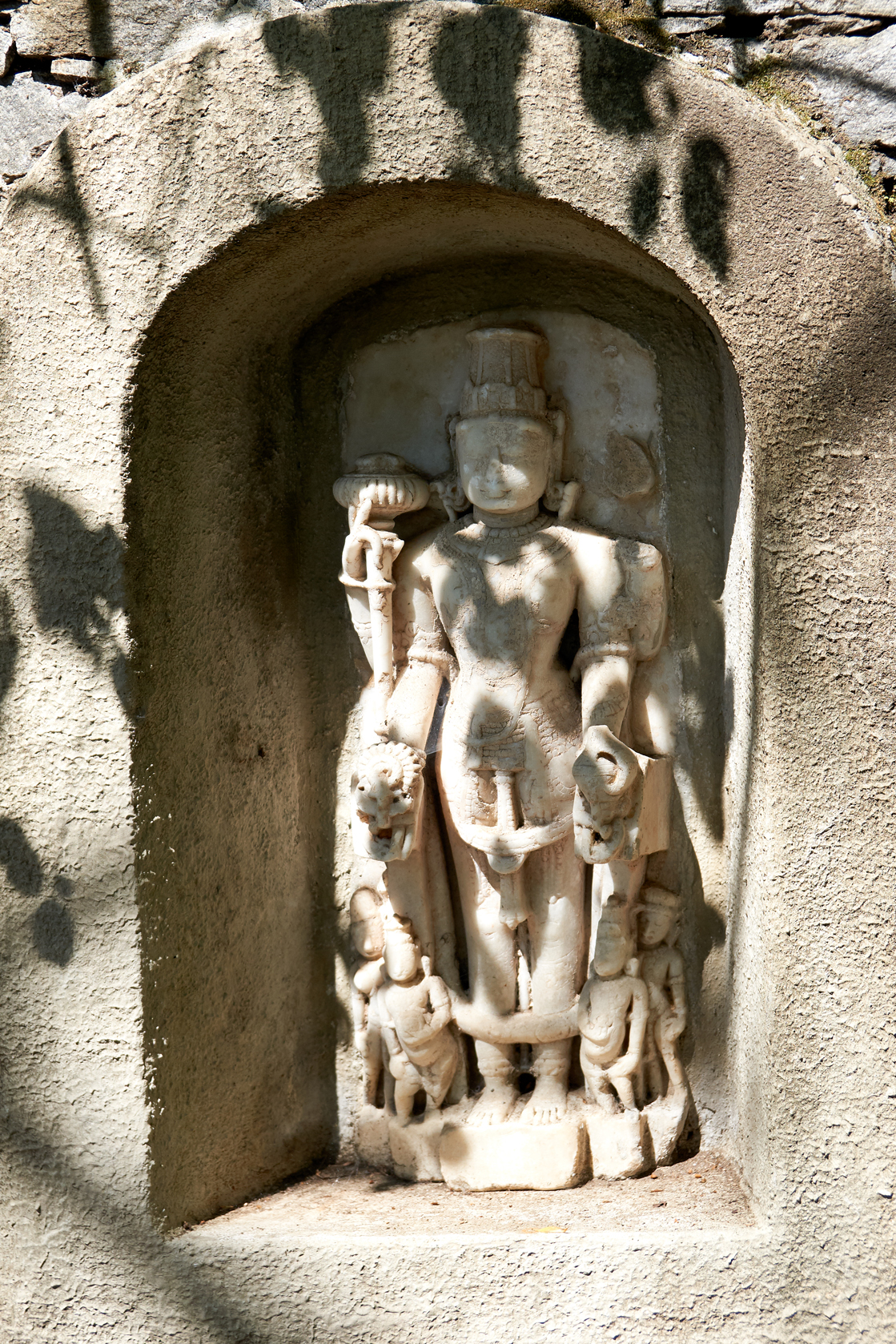
ITA ENG


On Cancel Culture. From Judging to Lynching: Repressions and Discriminations in the Name of Morality
EJL2022-02

Lecture: The Culture of Blaming
Lecturer: Emanuele Trevi (Molly Bloom Writing Academy, Rome)
Cycle: Eranos-Jung Lectures: On Cancel Culture. From Judging to Lynching: Repressions and Discriminations in the Name of Morality
Date: May 20, 2022, 6:30 p.m.
Place: Auditorium, Monte Verità, Ascona
Chairman: Fabio Merlini (Eranos Foundation, Ascona)
Discussion
Refreshment and meeting with the lecturer
The recording of the conference can be viewed on the official YouTube channel of the Eranos Foundation.
Introduction
The machine of political correctness is a kind of headless monster, devoid of great exponents such as Einstein or Russell for pacifism or Simone de Beauvoir or Susan Sontag for feminism. The concerted action of various bureaucracies, it needs a new scapegoat every day: yesterday the prince's kiss to Snow White, today the wishes for a Merry Christmas, tomorrow something else unpredictable. Each brick of this Chinese wall of interdictions may appear absurd and arbitrary, but the important thing is to feed it continuously. The result is a psychology and anthropology of blaming: the greatest intellectual effort is the mutual control and comfort that comes from belonging to a group endowed with moral superiority. The concept of "fake purification" elaborated by Simone Weil proves to be very suitable to explain many follies coming (above all) from the Anglo-Saxon world and to highlight the enormous spiritual damage that can derive from this interminable "process of the past".
Lecturer's Biobibliography
Emanuele Trevi was born in Rome in 1964, where he earned his PhD in Literary Sciences in 1993. He has worked for a long time as host of programs for RAI Radio 3 and for the Roman chronicle of la Repubblica. Currently he writes for the cultural pages of the Corriere della Sera. Together with Leonardo Colombati, he founded the Molly Bloom school of writing, of which he is Dean. Among his essays, we list here: Istruzioni per l'uso del lupo (1994, 2002, and 2012), Musica distante. Meditazioni sulle virtù (1997 and 2012), Qualcosa di scritto (Strega Prize finalist, 2012), and Karénina. Prove aperte d’infelicità (withSonia Bergamasco, 2014). His works of fiction include I cani del nulla. Una storia vera (2003), Senza verso. Un’estate a Roma (Sandro Onofri Prize, 2004, 2005, and 2012), Il libro della gioia perpetua (Napoli Prize, 2010), Il popolo di legno (2015; Marco Polo Venise Prize, 2017), and Sogni e favole (Viareggio Repàci Prize for Fiction and Pianeta Azzurro - I Contemporanei Prize, 2019). His travel books include L’onda del porto. Un sogno fatto in Asia (2005) e Ontani a Bali (with G. Silva, 2016). He is also the author of two interview books, Invasioni controllate (with his father Mario Trevi, psychotherapist and Jungian analyst, 2007) and Letteratura e libertà (with Raffaele La Capria, 2002, 2007, and 2009), and a book for school, Le storie della vita (with Marco Lodoli, 2005). In 2021 he won the Strega Prize with the book Due vite. His essay Il viaggio iniziatico (2013) has recently appeared for UTET, in a revised and expanded edition, with the title Viaggi iniziatici. Percorsi, pellegrinaggi, riti e libri (2021).
--
A culture is born and affirms itself always also from a selective operation of particular contents; from a certain operation of assimilation, rejection, remodulation of previous or coeval cultures: it takes and drops. Also, obviously in relation to the hegemonic forces of which it is eventually the expression. Today, a fierce variant of this logic of "take and leave" is represented by the so-called "cancel culture". It is a culture that, in its most intransigent expressions, seems to have a problem with the cultural past from which it comes: it sees it as a troubling set of inadequacies, of discriminations or injustices according to the yardstick of its own moral standards. A tribunal of memory determined to amend history, freeing it from its sins. In this, cancel culture is a coherent expression of that satisfied and self-referential present, for which past history is always and only a faded, lacking and reprehensible image of oneself. It is a culture that feeds on culprits towards whom to exercise its censure; a culture of sanction. There are cases in which all this is certainly justified, when, for example, the denunciation and sanction is aimed at the present of unacceptable behavior, in open violation of respectful rules that do not harm the dignity of others. Where, however, the question of the modalities through which denunciation and sanction are expressed always remains open. Especially when the system of communication, as happens today, offers tools for taking immediate word, uncontrollable in its effects. When, however, denunciation and sanction are addressed to the cultures of the past, the matter becomes even more complicated. For the risk here is the neutralization of the entire culture, an attempt to wipe the slate clean. Perhaps the inability to bend down with a reflective thought on the contradictions and the very complexity of life; the unwillingness to dialogue, to critical judgment, capable of evaluating and discriminating within the same situation.A regressive tendency not to grasp the chiaroscuro, the nuances. The index of a profound fragility. Finally, a new form of ignorance.